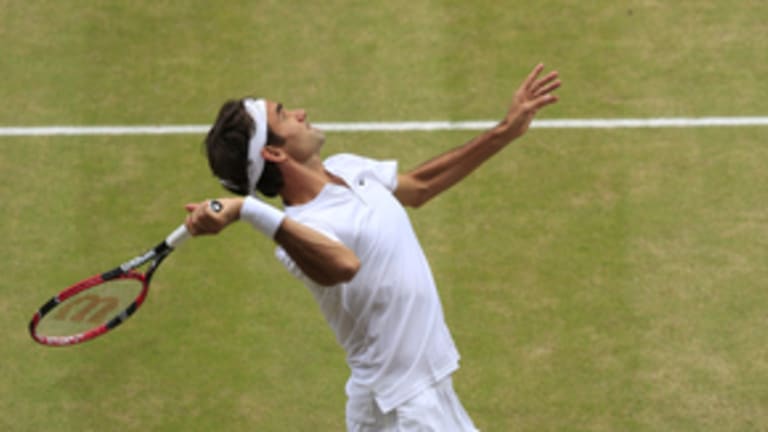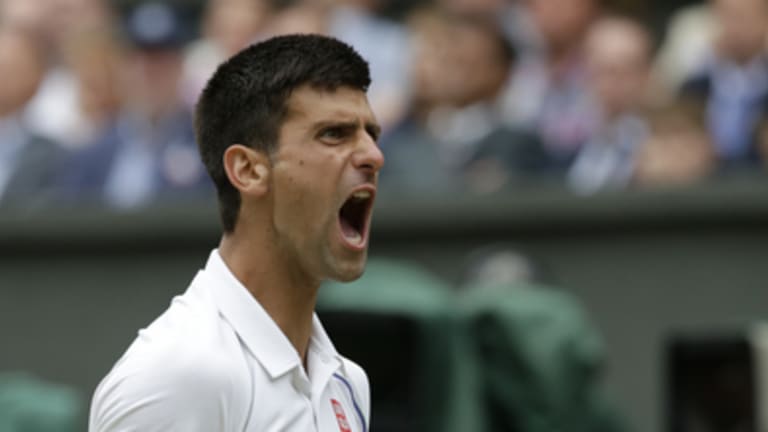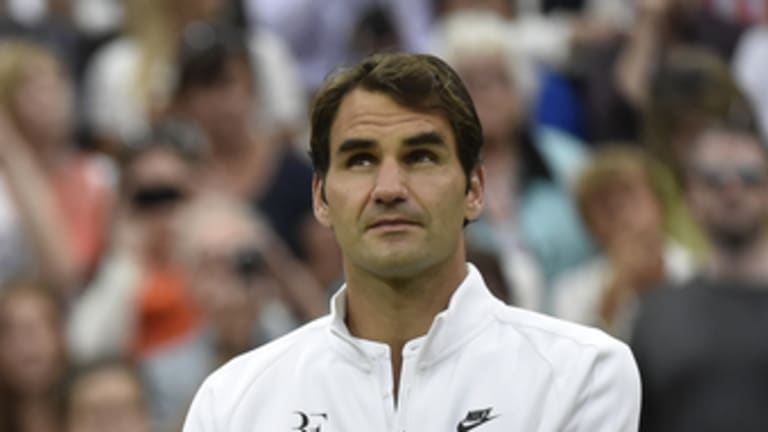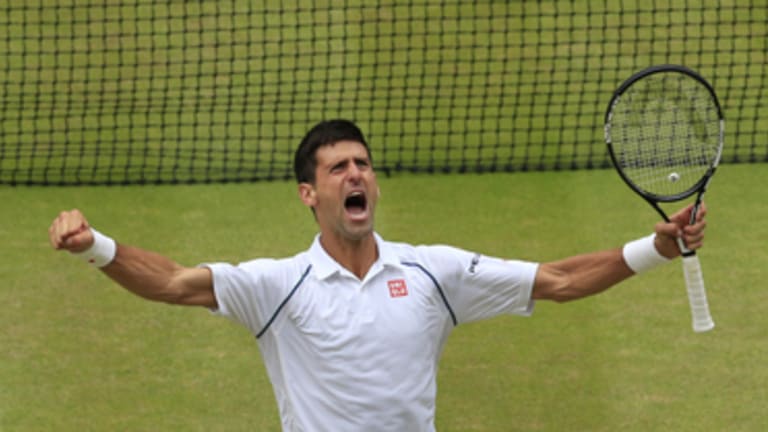Has a tennis player ever said that he likes the fact that Wimbledon follows so hard on the heels of the French Open? For decades, pros and fans and supporters of sane scheduling have wished for more than two paltry weeks between these very different major tournaments. Yet as soon as we get that wish and Wimbledon moves back a week, along comes Novak Djokovic to make a strong case that the events are just fine the way they are. Couldn’t be better, really, as far as he’s concerned.
“I think it’s actually great that after a couple of weeks we have another Slam,” Djokovic told ESPN on Sunday. “It’s very good because you get back in the competitive mode right away. If we don’t have a major right after [Roland Garros], I don’t know how I would definitely feel. Wimbledon takes the best out of me and makes me very committed, very professional.”
It’s hard to say whether any other player shares, or will ever share, Djokovic’s enthusiasm for the blink-of-an-eye turnaround from clay to grass. But maybe that’s because so few of them could ever hope to do what he did for the second straight year on Sunday: Shake off the memory of a bitter defeat in the French Open final by bouncing back to beat Roger Federer for the Wimbledon title a little more than a month later. Not only that, but Djokovic is getting better at this trick as he goes. In 2014, he edged Federer in a five-set thriller; today, aside from squandering seven set points in the second set, he was largely in control during his 7-6 (1), 6-7 (10), 6-4, 6-3 win.



